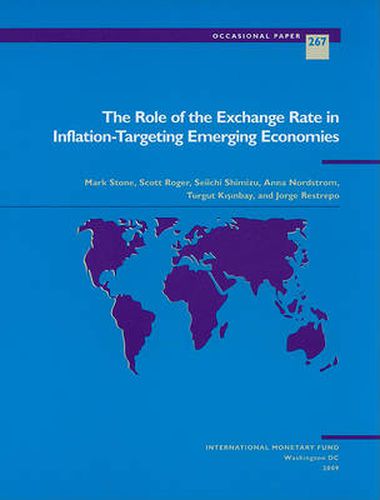This paper explores the role of exchange rates in emerging economies with inflation-targeting regimes, an issue that has become especially germane during the current episode of financial turmoil and volatile capital flows. Under inflation targeting, the interest rate is the main monetary policy tool for influencing activity and inflation, and there is little agreement about the appropriate role of the exchange rate. The exchange rate is a more important monetary policy tool for emerging economies that have adopted inflation targeting than it is for inflation-targeting advanced economies. Inflation-targeting emerging economies generally have less flexible exchange rate arrangements and intervene more frequently in the foreign exchange market than their advanced economy counterparts. The enhanced role of the exchange rate reflects these economies’ greater vulnerability to exchange rate shocks and their less developed financial markets. However, their sharper focus on the exchange rate may cause some confusion about the commitment of their central banks to achieve the inflation target and may also complicate policy implementation. Global inflation pressures, greater exchange rate volatility, and the financial stresses from the global financial turmoil that began in mid-2007 are heightening these tensions.





